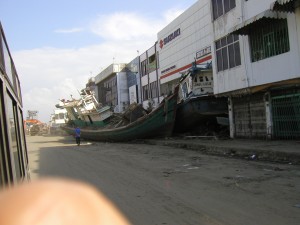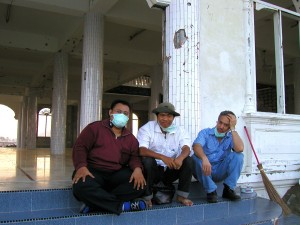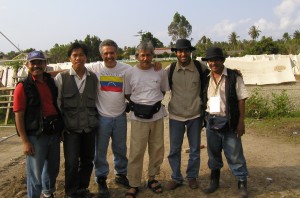Paving a New Path: Grassroots Efforts Amidst Political Turmoil in Venezuela
The recent elections in the United Kingdom and France have brought about significant changes for both nations. The UK embarks on a new path as the Labour Party takes control of the government with a supermajority in Parliament. In contrast, French President Macron faces an uncertain future, despite his party retaining the largest bloc, due to a strengthened opposition.
Despite these transformative outcomes, both nations enjoyed open and free electoral processes—a luxury Venezuelans yearn for in their upcoming elections on July 28th.
Following the 25-year political experiment initiated by Hugo Chávez in 1999 and continued by Nicolás Maduro in 2013, Venezuelans long for change. However, there are few guarantees that all Venezuelans’ votes will be respected. In May 2024, the Maduro government withdrew its invitation for a European Union election observation mission. Then, last month, the United Nations announced it would deploy a team of four experts to monitor the elections. These experts have arrived in Caracas and will stay until after the elections, meeting with all political actors, although they will not be permitted to make any public comments on their observations.

Maracaibo, Venezuela, on May 2, 2024.
Amid the stress and uncertainty these circumstances create for Venezuelans, both within the country and the more than 8 million living abroad, there is a prevailing sentiment that we must continue our work to establish new enterprises and provide essential goods and services to local communities.
Our services, which include co-working spaces for entrepreneurs in the community as well as training facilities and equipment, are fostering new opportunities for development and progress. These opportunities are making a tangible difference in the lives of families, enabling them to sustain themselves and bring hope to others.
We believe that by implementing our vision, we are empowering people to stay in the country. The journey to any other destination is fraught with peril, and doors are closing in most host countries.
To achieve our goal, we have launched an initiative to equip and support 100 new entrepreneurs, allowing them to make a difference while staying in Venezuela. We currently have 15 operating and need $2,000 for each of the remaining 85 entrepreneurs. We kindly request your consideration in joining our cause by supporting one of these aspiring entrepreneurs

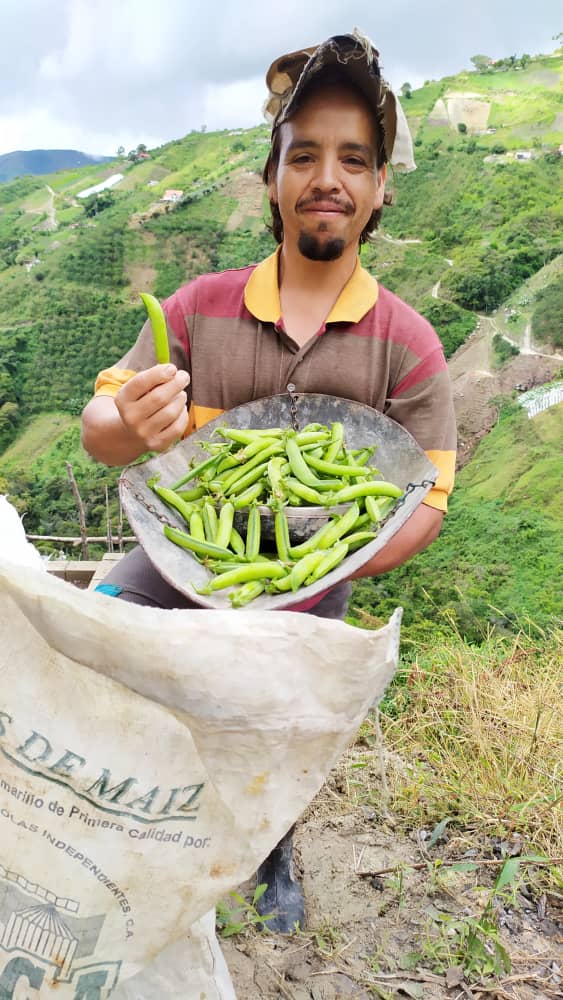
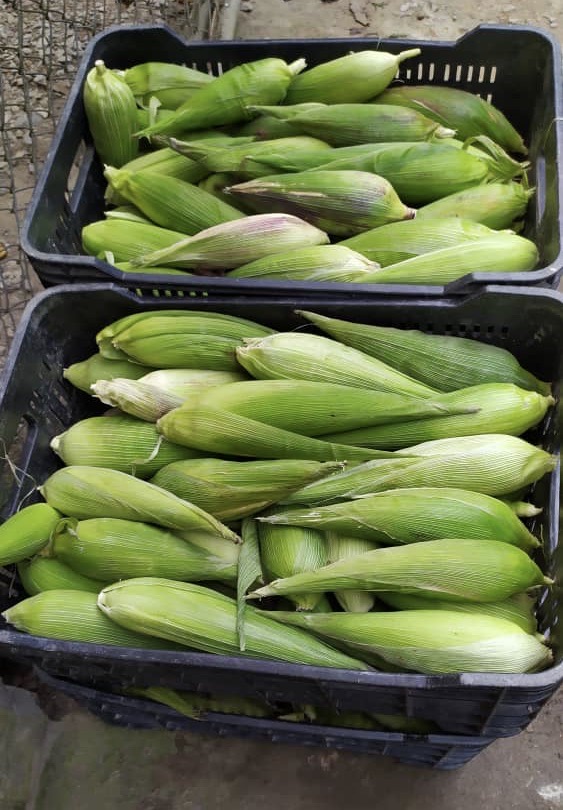
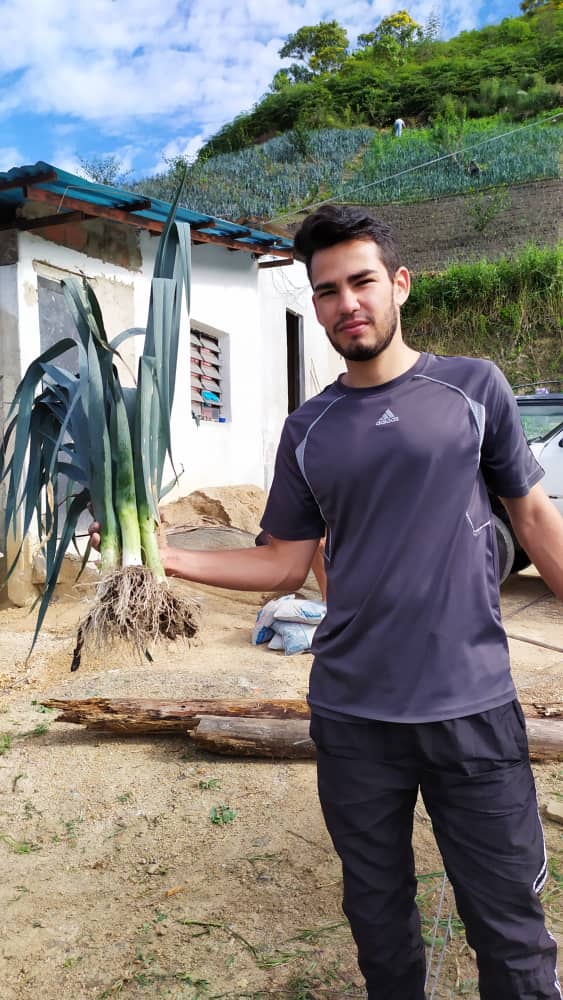
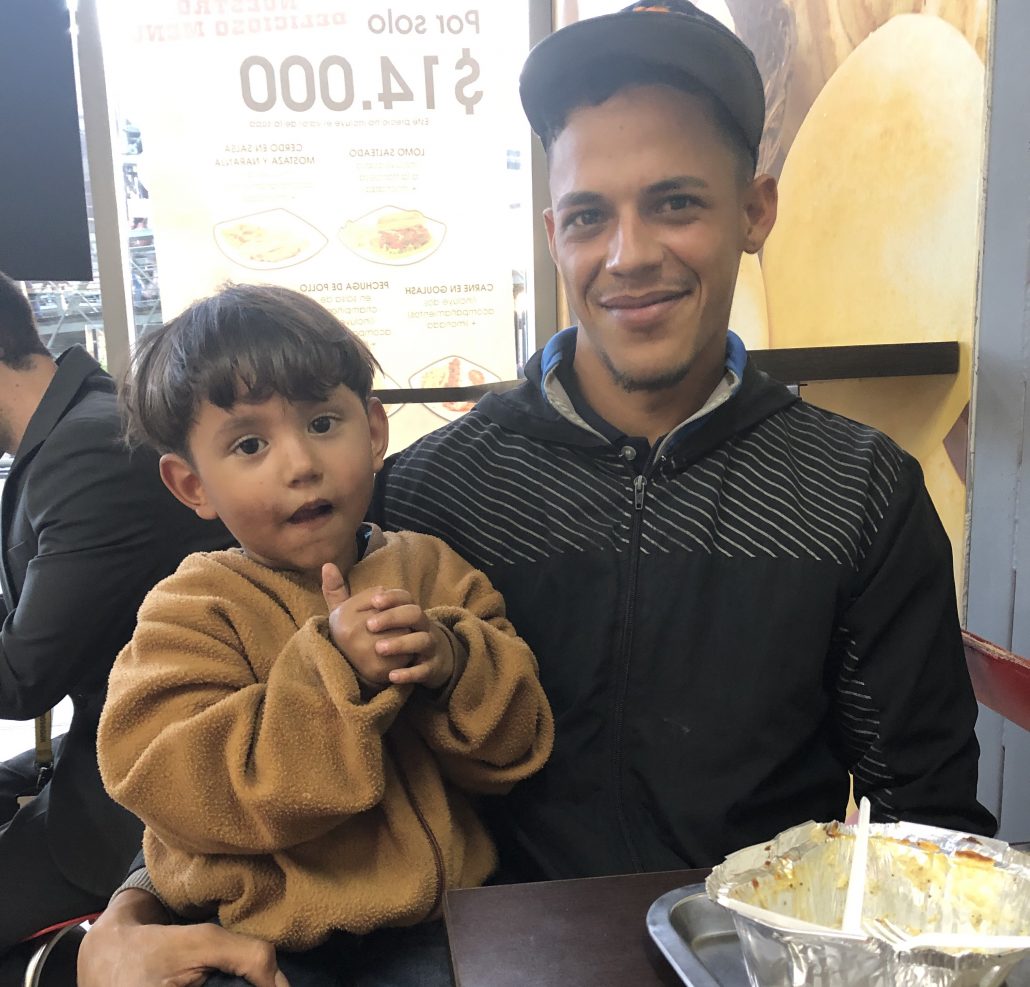
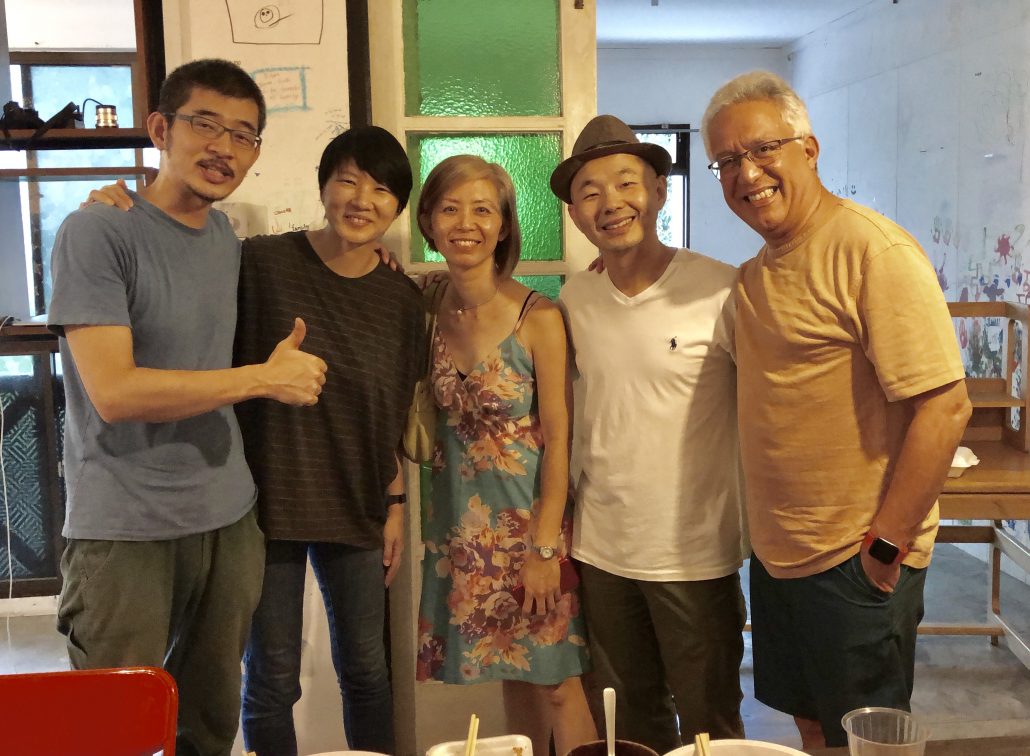
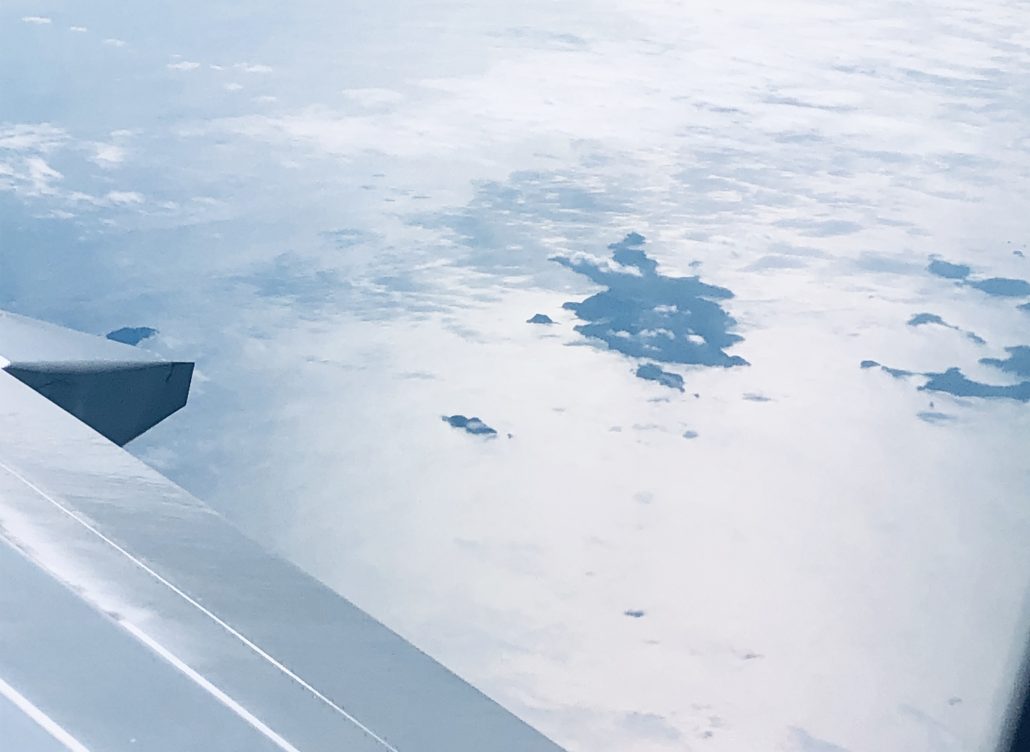
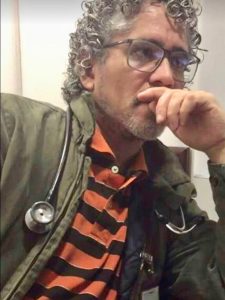 Dialysis patients are not able to have the routine procedures needed to preserve their lives. HIV/AIDS patients long ago stopped receiving their needed medicines. Cancer sufferers have no access to any kind of treatment. People regularly utilize social media to request antibiotics, other basic medicines, and even ointments. On average last year, 31 Venezuelan infants died every day. Many were victims of diarrhea, bacterial infections, and other diseases that, according to the local pediatric society, could have been prevented or easily treated.
Dialysis patients are not able to have the routine procedures needed to preserve their lives. HIV/AIDS patients long ago stopped receiving their needed medicines. Cancer sufferers have no access to any kind of treatment. People regularly utilize social media to request antibiotics, other basic medicines, and even ointments. On average last year, 31 Venezuelan infants died every day. Many were victims of diarrhea, bacterial infections, and other diseases that, according to the local pediatric society, could have been prevented or easily treated.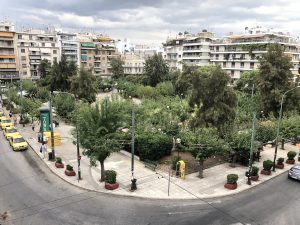
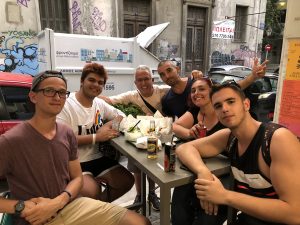
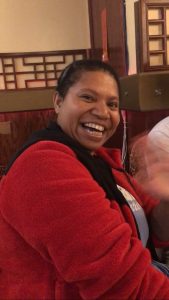 Veronica grew up in Sentani. She lost her father at a very early age and her Mom worked very hard to support her and her other five siblings. She worked at an airfield and began to learn about airplanes and airport management. Today, she is studying Business Management and wants to continue to study Aviation Administration management for a masters degree and dreams of providing air transport to remote areas of the vast island.
Veronica grew up in Sentani. She lost her father at a very early age and her Mom worked very hard to support her and her other five siblings. She worked at an airfield and began to learn about airplanes and airport management. Today, she is studying Business Management and wants to continue to study Aviation Administration management for a masters degree and dreams of providing air transport to remote areas of the vast island.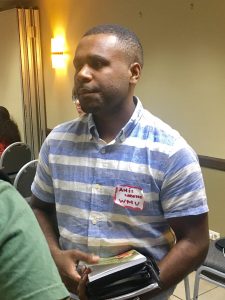 Anis comes from the remote Highlands, an area surrounded by 3,000 meter high mountains: the only place where one can find snow in Indonesia. He is studying Aviation and Political Sciences and dreams of creating transportation systems that will ease commerce lowering the prices of goods and services.
Anis comes from the remote Highlands, an area surrounded by 3,000 meter high mountains: the only place where one can find snow in Indonesia. He is studying Aviation and Political Sciences and dreams of creating transportation systems that will ease commerce lowering the prices of goods and services.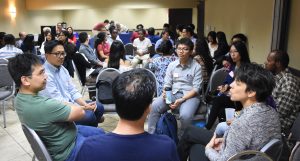 diverse backgrounds FICA is laying a great foundation for the future. I experienced this firsthand as students interacted with each other, both in discussion groups as well as simply sightseeing at night in downtown Chicago.
diverse backgrounds FICA is laying a great foundation for the future. I experienced this firsthand as students interacted with each other, both in discussion groups as well as simply sightseeing at night in downtown Chicago.